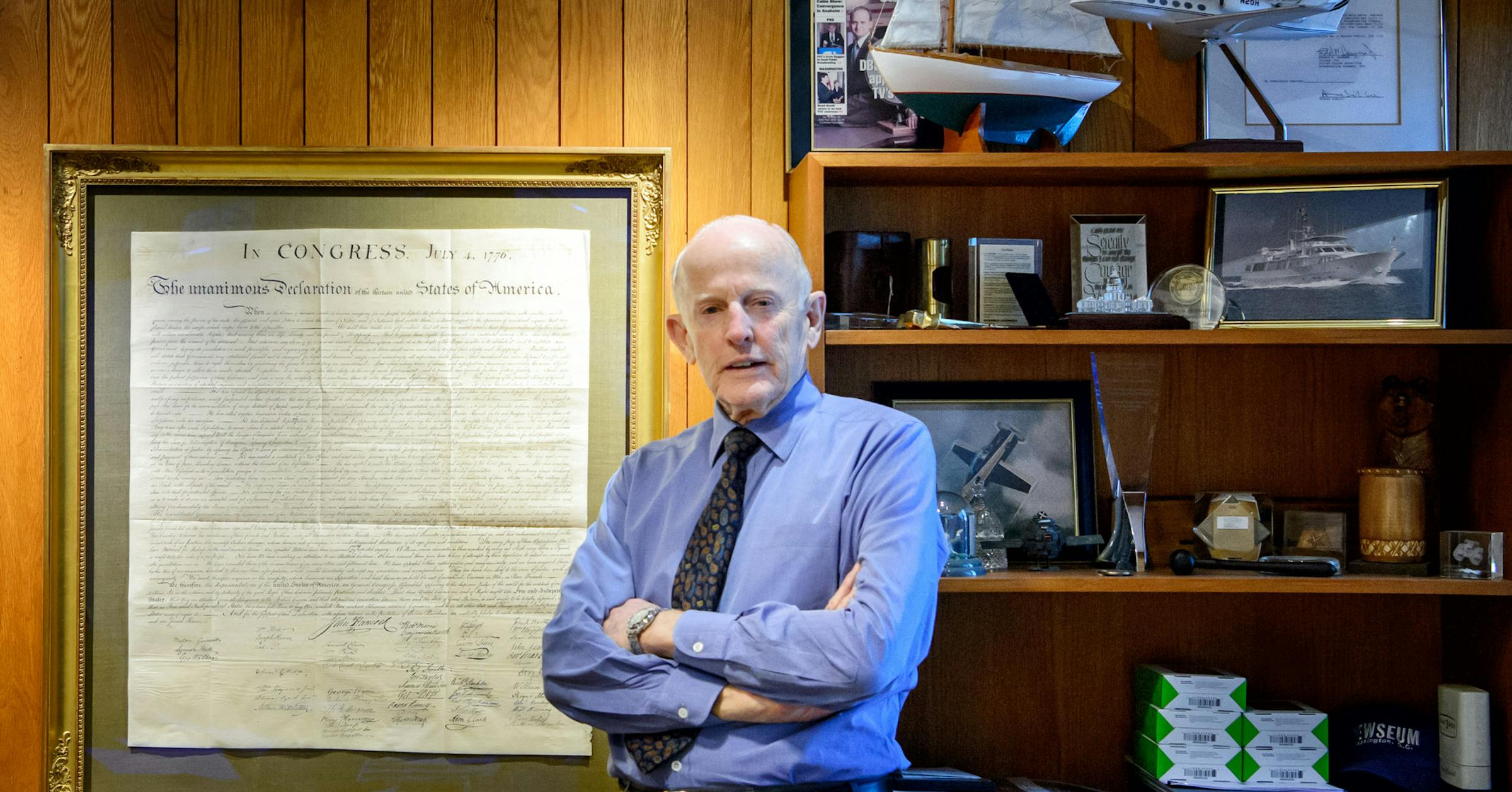Smotrich Greenlights West Bank Settlement, Sparking Outrage and Doubts Over Palestinian Statehood

New Settlement Construction Fuels West Bank Tensions and Questions Future of Palestinian State
Singapore - In a move that has drawn widespread condemnation and raised serious concerns about the prospects of a two-state solution, Israeli Finance Minister Bezalel Smotrich has announced the commencement of construction on a long-delayed settlement in the West Bank. The settlement, strategically positioned to divide the West Bank and sever its connection to East Jerusalem, is being touted by Smotrich’s office as a decisive step towards effectively “burying” the concept of a Palestinian state.
The announcement comes amidst heightened tensions in the region and follows years of stalled progress in Israeli-Palestinian peace negotiations. Smotrich, a prominent figure in Israel's far-right political landscape, has long been a vocal opponent of Palestinian statehood, advocating for expanded settlement activity and increased Israeli control over the West Bank.
Strategic Location and Impact
The proposed settlement's location is particularly significant. By physically dividing the West Bank and isolating East Jerusalem, it would severely impede Palestinian movement and economic development. Critics argue that this fragmentation would make the establishment of a viable, contiguous Palestinian state virtually impossible.
“This is a blatant attempt to pre-empt any future peace agreement and to consolidate Israeli control over Palestinian territory,” stated a spokesperson for the Palestinian Authority. “It is a clear violation of international law and a deliberate undermining of the possibility of a just and lasting peace.”
International Reaction
The international community has reacted with swift and strong criticism. The United States, a key ally of Israel, expressed “concern” over the settlement announcement, urging restraint and emphasizing the importance of maintaining the possibility of a two-state solution. The European Union echoed these sentiments, calling for adherence to international law and a halt to all settlement activity.
“We are deeply troubled by this decision, which is contrary to international law and undermines efforts to achieve a peaceful resolution to the Israeli-Palestinian conflict,” said a statement from the EU’s foreign policy chief.
Legal and Political Ramifications
The legality of Israeli settlements in the West Bank remains a contentious issue. Under international law, settlements are considered illegal, although Israel disputes this claim. The construction of new settlements is seen by many as an obstacle to peace, as it encroaches on territory claimed by Palestinians for a future state.
Politically, the announcement demonstrates the growing influence of the far-right within the Israeli government and signals a potential shift away from traditional policies aimed at resolving the conflict. The move is likely to further polarize Israeli society and complicate efforts to forge a consensus on the future of the West Bank.
Looking Ahead
The future of the Israeli-Palestinian conflict remains uncertain. Smotrich’s announcement serves as a stark reminder of the deep divisions and entrenched interests that continue to impede progress towards a peaceful resolution. Whether the international community can effectively pressure Israel to reverse course and uphold international law remains to be seen. The construction of this settlement will undoubtedly have far-reaching consequences for both Israelis and Palestinians, and for the prospects of a lasting peace in the region. The situation is being closely monitored by observers around the globe, with many fearing a further escalation of tensions and a deepening of the conflict.





